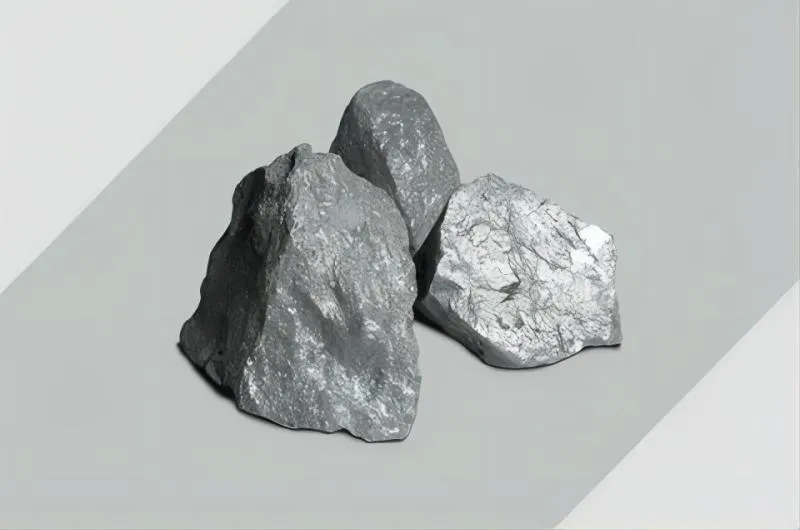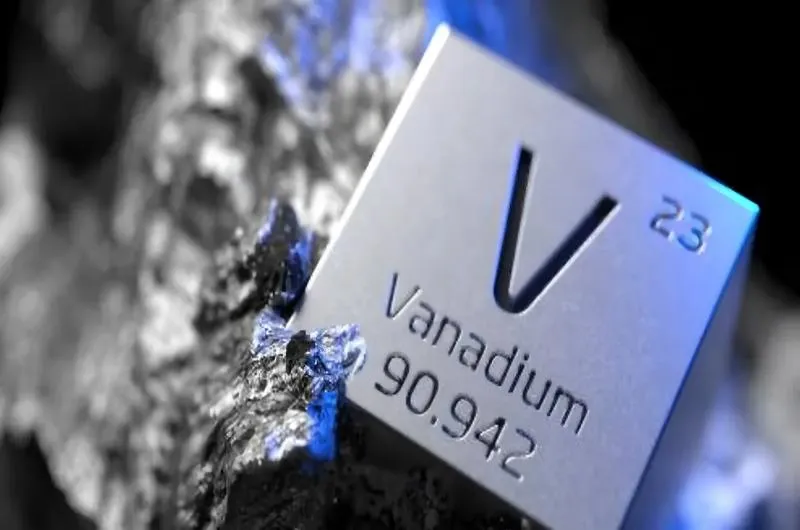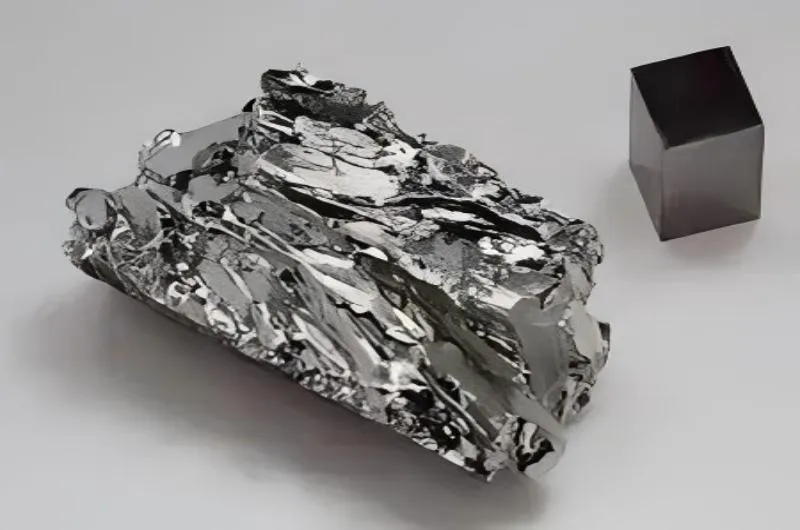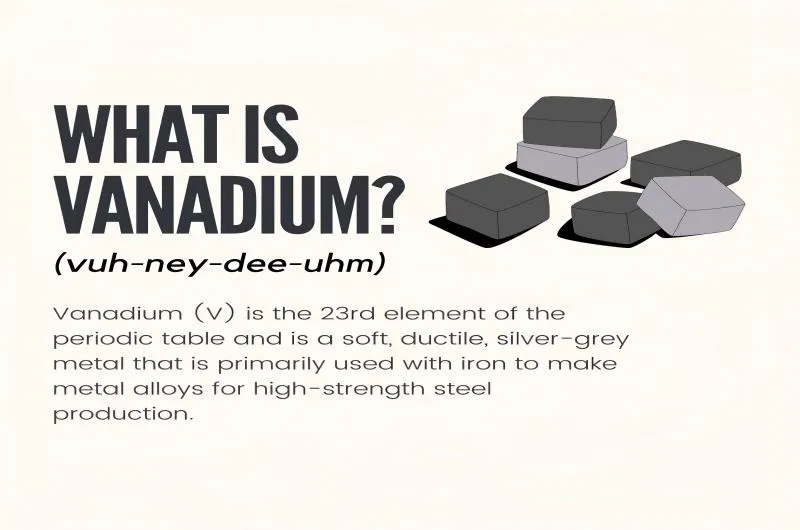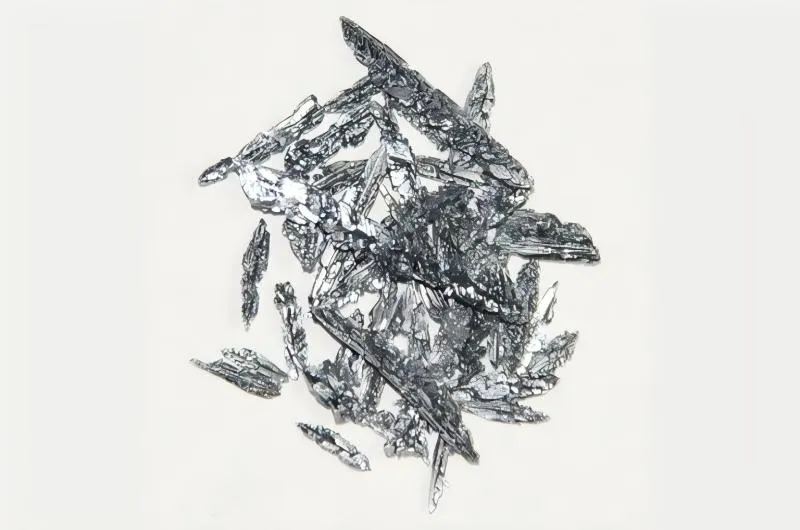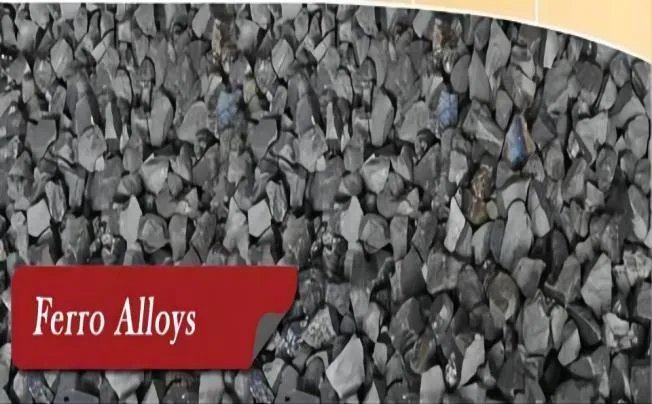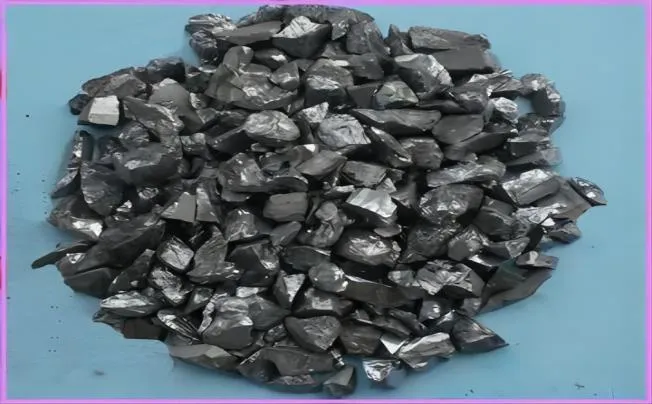BY  GENN
GENN
2024/04
Blog
A Deep Dive into Ferro Silicon Zirconium and Ferrosilicon in Metallurgy
Definition of Ferro Silicon Zirconium (FeSiZr) and Ferrosilicon (FeSi)
Ferro Silicon Zirconium (FeSiZr) is an alloy composed primarily of iron (Fe), silicon (Si), and zirconium (Zr). This specialized alloy is known for its exceptional high-temperature stability and corrosion resistance properties.
On the other hand, Ferrosilicon (FeSi) is a ferroalloy comprising iron and silicon as its main constituents. FeSi plays a crucial role in various metallurgical processes due to its ability to enhance the mechanical properties of steel and influence the solidification characteristics of molten metal.
Properties of Ferro Silicon Zirconium
High-Temperature Stability and Corrosion Resistance
Ferro Silicon Zirconium (FeSiZr) exhibits remarkable high-temperature stability, making it a valuable alloy in industries where extreme heat conditions are prevalent. The addition of zirconium enhances the thermal resistance of the material, allowing it to maintain its structural integrity even at elevated temperatures.
Enhanced Mechanical Properties in Steel Production
One of the key characteristics that sets ferrosilicon zirconium apart is its ability to enhance the mechanical properties of steel products. When incorporated into steel alloys, FeSiZr improves tensile strength, hardness, and overall durability.
This makes it an ideal choice for applications requiring robust structural components that can withstand heavy loads and harsh operating conditions. The synergistic effect of silicon and zirconium imparts superior mechanical performance to the alloy, contributing to the production of high-quality steels with enhanced structural integrity.
Properties of Ferrosilicon
Alloying Element for Steelmaking and Foundry Applications
Ferrosilicon is a crucial alloying element widely used in steelmaking and foundry applications due to its ability to improve the properties of steel. When added to molten steel, ferrosilicon enhances the strength, hardness, and wear resistance of the final product.
The precise composition of ferrosilicon can be tailored to meet specific requirements for different grades of steel, making it a versatile component in metallurgical processes. Its role as an alloying element allows for the customization of steel properties such as tensile strength, ductility, and machinability.
Influence on the Fluidity and Solidification Characteristics of Molten Metal
One key aspect of ferrosilicon’s properties is its influence on the fluidity and solidification characteristics of molten metal. By adjusting the amount of ferrosilicon added to the melt, foundries can control the flow behavior of the molten metal during the casting processes. This is essential for achieving precise shapes and dimensions in castings.
Moreover, ferrosilicon affects the solidification rate of molten metal, influencing grain structure formation and overall material properties. Understanding these fluidity and solidification aspects is vital for ensuring high-quality castings in foundry applications.
Differences in Chemical Composition and Microstructure
Ferro Silicon Zirconium (FeSiZr) and Ferrosilicon (FeSi) exhibit notable distinctions in their chemical compositions and microstructures, influencing their performance in various metallurgical applications. FeSiZr typically contains a higher content of zirconium compared to FeSi, which imparts enhanced thermal stability and corrosion resistance.
The addition of zirconium to FeSiZr results in the formation of stable intermetallic phases that contribute to its unique properties. On the other hand, ferrosilicon is primarily composed of iron and silicon, with varying levels of other elements like manganese, carbon, and aluminium, depending on the desired application.
Microstructurally, FeSiZr often features a finer grain size compared to FeSi due to the presence of zirconium-rich phases. This finer microstructure contributes to improved mechanical properties and facilitates better dispersion within molten metal during steelmaking processes. In contrast, Ferrosilicon typically exhibits a coarser microstructure with silicon particles dispersed within the iron matrix.
Industrial Applications
Unleashing the Potential: FeSiZr as an Inoculant
Ferro Silicon Zirconium, known for its remarkable ability to enhance the mechanical properties of steel, serves a crucial role as an inoculant in metallurgical applications. By introducing FeSiZr into molten metal, it acts as a catalyst for nucleation, promoting the formation of fine graphite structures in cast iron.
This process results in improved strength, ductility, and impact resistance of the final product. Moreover, FeSiZr’s high-temperature stability ensures consistent performance even under extreme conditions, making it a preferred choice for manufacturers seeking superior quality and reliability.
Purifying Excellence: FeSi as a Deoxidizer
In the realm of metallurgy, Ferrosilicon shines brightly as a potent deoxidizer that plays a pivotal role in removing impurities from molten metal. When added to steel or iron alloys, FeSi reacts with oxygen and other harmful elements present in the molten bath, facilitating their removal through slag formation.
This deoxidation process not only purifies the metal but also enhances its overall quality by minimizing defects and improving weldability. With precise control over dosage and composition, Ferrosilicon stands as an indispensable tool for achieving metallurgical perfection.
A Symphony of Performance: Integrating into Steel Grades
Beyond its individual characteristics as an inoculant or deoxidizer, both FeSiZr and Ferrosilicon find themselves seamlessly integrated into various steel grades to meet specific performance requirements. Whether it’s enhancing machinability, increasing corrosion resistance, or improving thermal conductivity, these ferroalloys bring versatility to steel production processes. From automotive components demanding high tensile strength to construction materials requiring superior formability, the strategic incorporation of FeSiZr and FeSi empowers manufacturers to tailor their products with precision and finesse.




